Welcome to our comprehensive guide on LSI Keywords and their significance in the realm of SEO.
In this article, we will delve into the world of Latent Semantic Indexing (LSI) and explore why LSI keywords matter for improving your website's search engine rankings.
As search engines continue to evolve, context and relevance have become crucial factors in determining the visibility of your content.
Gone are the days of relying solely on exact keyword matches.
LSI keywords offer a deeper understanding of your content's theme and provide numerous benefits, such as improved search visibility, better contextuality, and enhanced user experience.
Join us as we uncover the impact of LSI keywords on SEO and discover the best practices for incorporating them into your content strategy.

Here is what you will read in this article:

LSI (Latent Semantic Indexing) keywords are words or phrases that are semantically related to the main keyword or topic of a webpage.
These related terms are not just randomly selected; they are identified through mathematical techniques that analyze the associations between words and concepts within a piece of content.
The importance of LSI keywords lies in their ability to enhance the context and relevance of your content in the eyes of search engines.
In the past, search engines relied heavily on exact keyword matches to determine the topic of a webpage.
However, with the introduction of LSI, search engines like Google now have a more sophisticated approach to understanding content.

The concept of LSI (Latent Semantic Indexing) was first patented in 1989, describing a methodology for extracting textual data items by utilizing related words and phrases, commonly known as "LSI keywords."
While Google has emphasized the importance of LSI keywords since 2015, there has been limited clarification for internet marketers regarding their precise definition.
These keywords help categorize the topic of a webpage more effectively.
LSI, in essence, is a computer program that learns an extensive range of synonyms based on context.

While some LSI keywords may be synonyms, not all synonyms are LSI keywords.
LSI keywords are closely related words and phrases that assist in describing a page's topic.
For example, if the main keyword is "perfume," synonyms may include "fragrance," but LSI keywords would be "perfume for men," "perfume for women," and "perfume brands." The distinction lies in the relevance and semantic association with the main keyword.
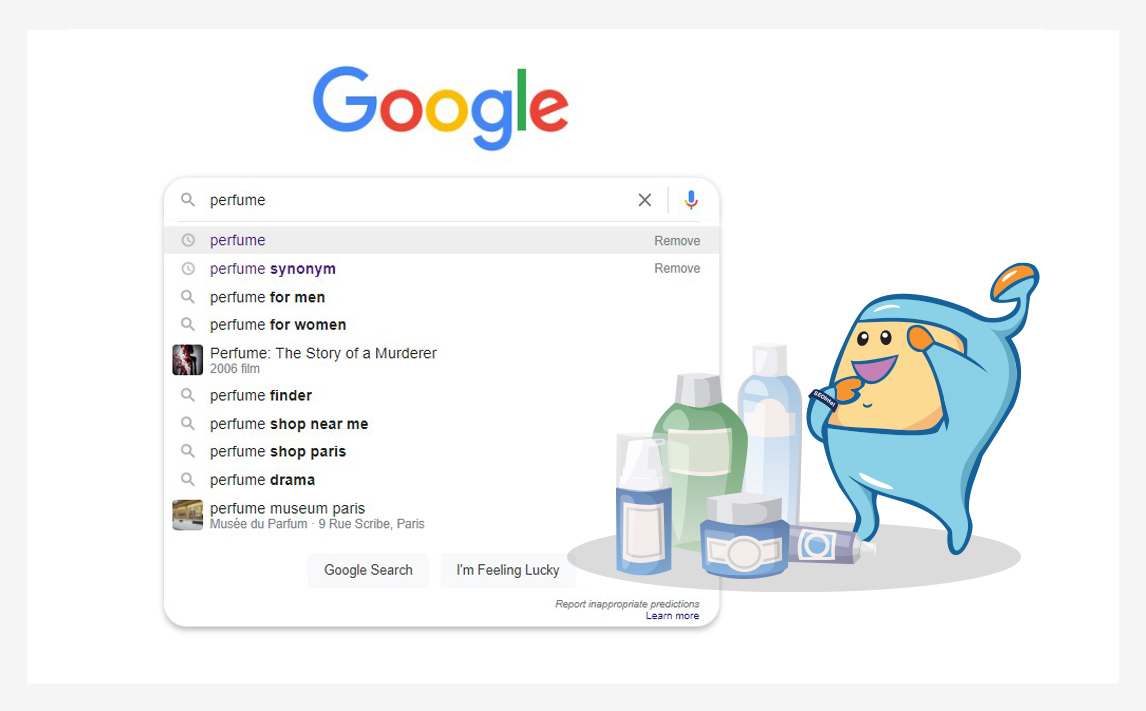
A Google search can help you grasp the distinction between synonyms and related keywords. LSI keywords show in the drop-down menu as suggested searches.
Despite previous statements suggesting the absence of LSI keywords in Google's algorithm, the search engine giant indeed considers related terms and phrases to understand content comprehensively.
Google uses a sophisticated approach that goes beyond specific sets of related words.
Instead, they analyze the entire page to determine its topic and context.
While the term "LSI keywords" may be technically inaccurate, incorporating related terms on your page can positively impact its ranking.
Using LSI keywords in your content offers several SEO benefits.
Firstly, search engines can better comprehend and rank your website when LSI keywords are strategically incorporated.
These keywords provide additional context, avoid keyword stuffing, and enhance the relevance of your content.
Moreover, LSI keywords contribute to a better search experience for users, leading to improved metrics such as time spent on a page and reduced bounce rates.
1. Google Understands Pages Better
By scanning for associated keywords and employing latent semantic indexing, Google can determine a page's main topic more effectively.
This goes beyond simple repetition of a root keyword and enables a deeper understanding of content.
2. Google Reads Pages Contextually
Google's algorithm now "reads" pages contextually, similar to how humans comprehend language.
It can identify the context of words and phrases, distinguishing between literal and metaphorical terms.
3. Google Can Generate Even More Relevant Results
Google recognizes frequently occurring word clusters, allowing for more precise categorization and generating highly relevant search results.
4. Google Incorporates the Overall Picture of Your Business
Google takes into account your company name, website, and industry, creating a comprehensive understanding of your web pages and their connection to your business as a whole.
When it comes to optimizing your content with LSI keywords, it's essential to know where and how to incorporate them effectively.
By strategically placing LSI keywords in specific areas of your webpage, you can enhance the relevance and contextuality of your content, signaling to search engines that your page is valuable and deserving of higher rankings.
Here are key areas where you should consider using LSI keywords:
1. Title Tag: Including LSI keywords in your title tag can provide search engines with an immediate understanding of the topic and relevance of your content. Aim to incorporate LSI keywords naturally while ensuring that the title remains concise and compelling.
2. Heading Tags: Utilize LSI keywords in your heading tags, such as H1, H2, and H3, to provide a clear structure and outline of your content. This not only helps search engines understand the main topics covered but also enhances the readability for your audience.
3. Content Body: Sprinkle LSI keywords throughout your content naturally and contextually. Aim to include them in the introduction, subheadings, and throughout the paragraphs. Remember to prioritize readability and user experience while incorporating LSI keywords seamlessly.
4. Image Alt Text: When optimizing images on your webpage, use LSI keywords in the alt text attribute. This practice not only helps search engines comprehend the content of the image but also provides an additional opportunity to include relevant keywords.
5. Meta Description: Although meta descriptions do not directly impact search engine rankings, they play a crucial role in attracting clicks from search engine result pages. Incorporate LSI keywords in the meta description to provide a concise and compelling summary of your content.
6. URL Structure: If possible, include LSI keywords in the URL of your webpage. This can help search engines and users understand the topic of the page before even clicking on it.
Remember, the key to using LSI keywords effectively is to maintain a natural flow and avoid keyword stuffing.
Focus on providing valuable content that aligns with the LSI keywords while ensuring a positive user experience.
By incorporating LSI keywords strategically and naturally within these key areas, you can enhance the overall optimization of your webpage and improve its visibility in search engine results.
To effectively use LSI keywords, consider the following best practices:
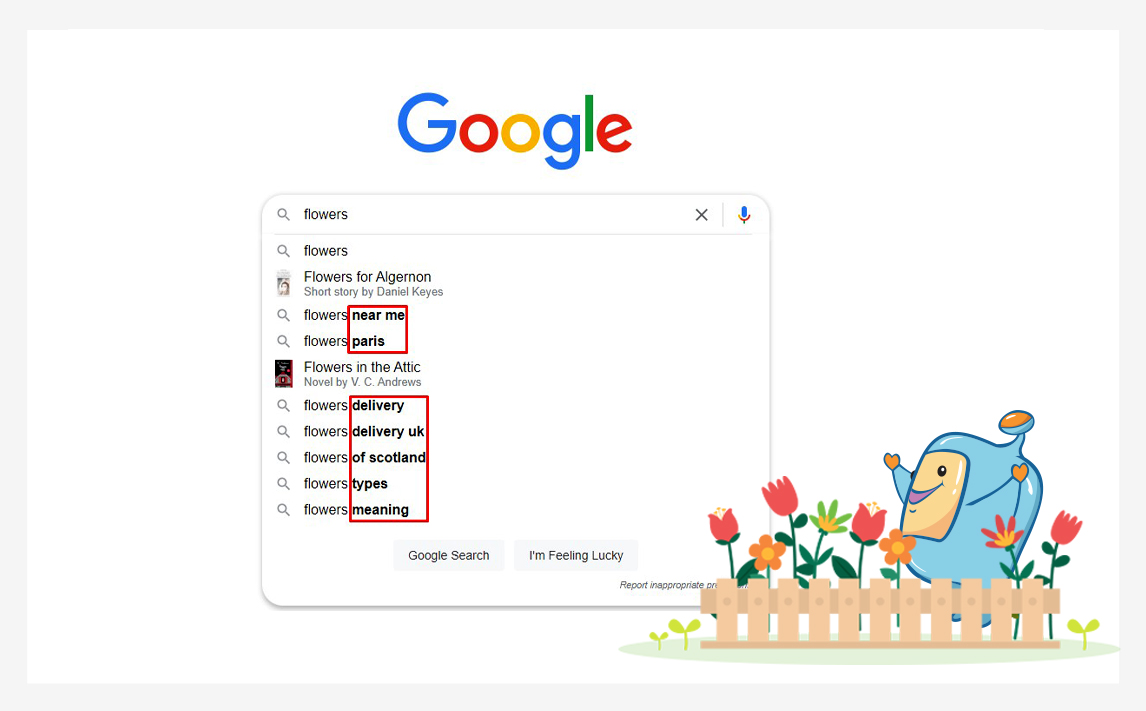
Utilize Google Autocomplete by entering your target keyword and noting the bold suggestions provided.
These suggestions represent related keywords that can be incorporated into your content.
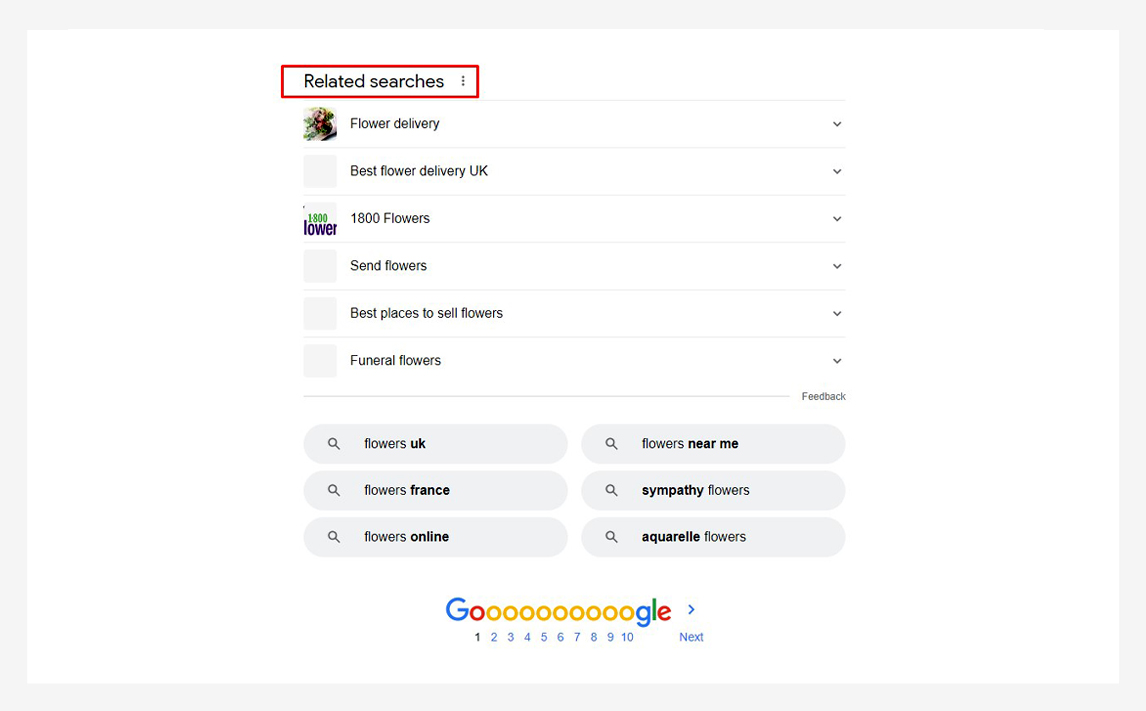
Scroll down to the "Related Searches" section on Google's search results page after searching your target keyword.
These terms offer additional LSI keyword ideas relevant to your content.
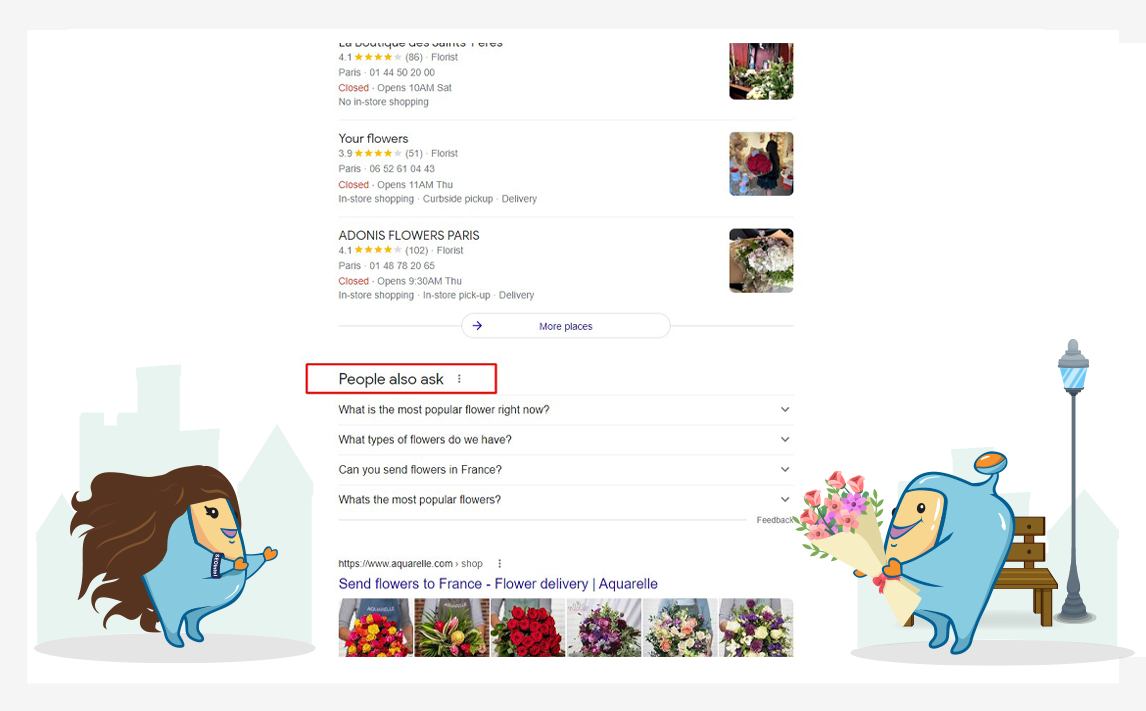
Explore the "People Also Ask" section on the search results page.
This section provides questions related to your target keyword, which can be used to identify relevant LSI keywords.
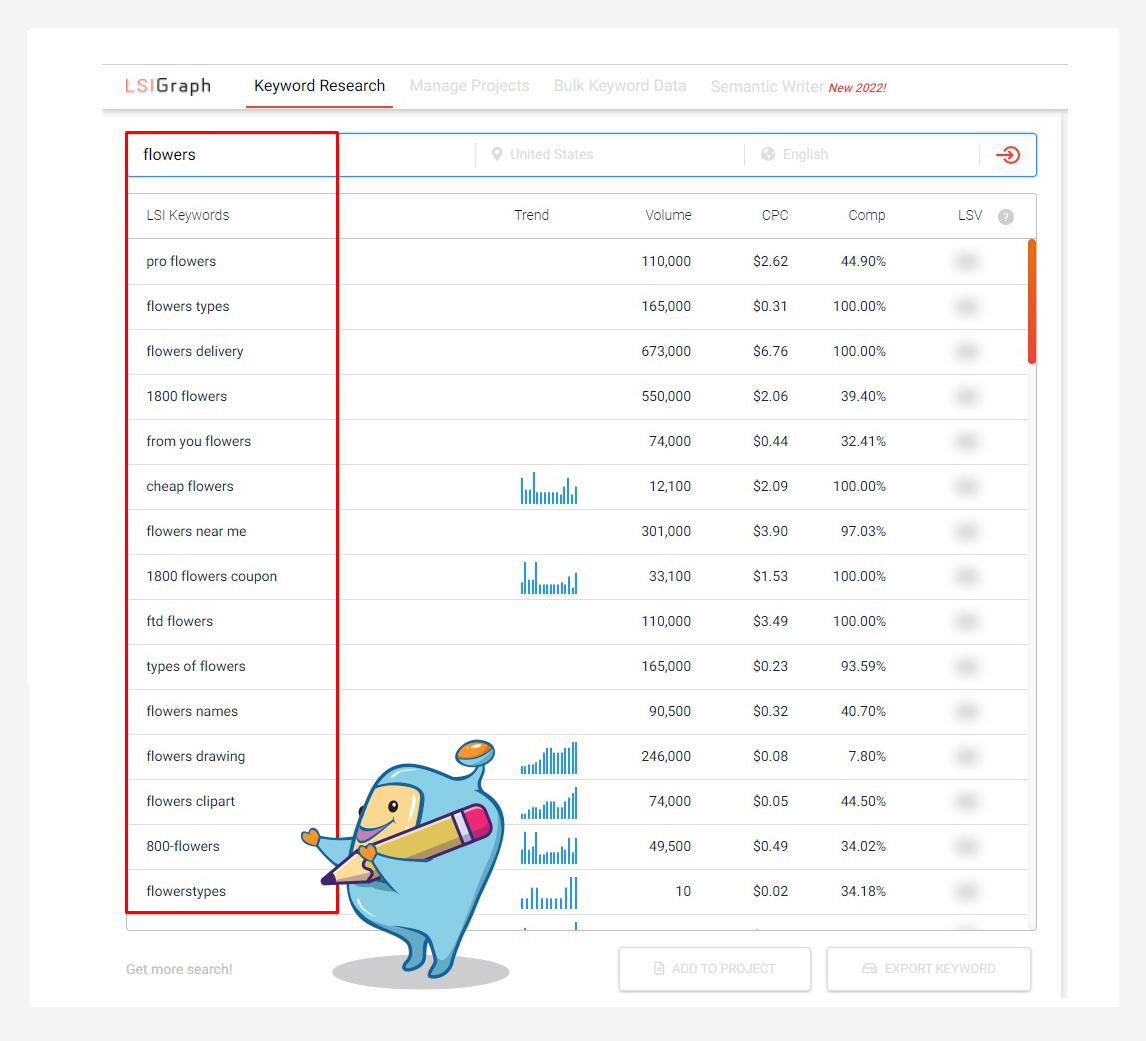
Use LSIGraph, a free tool, to generate a list of LSI keywords related to your main keyword.
Enter your primary keyword, and the tool will provide semantically related terms that can enhance your content.
After entering your page's main keyword, you'll be presented with a selection of LSI phrases to choose from.
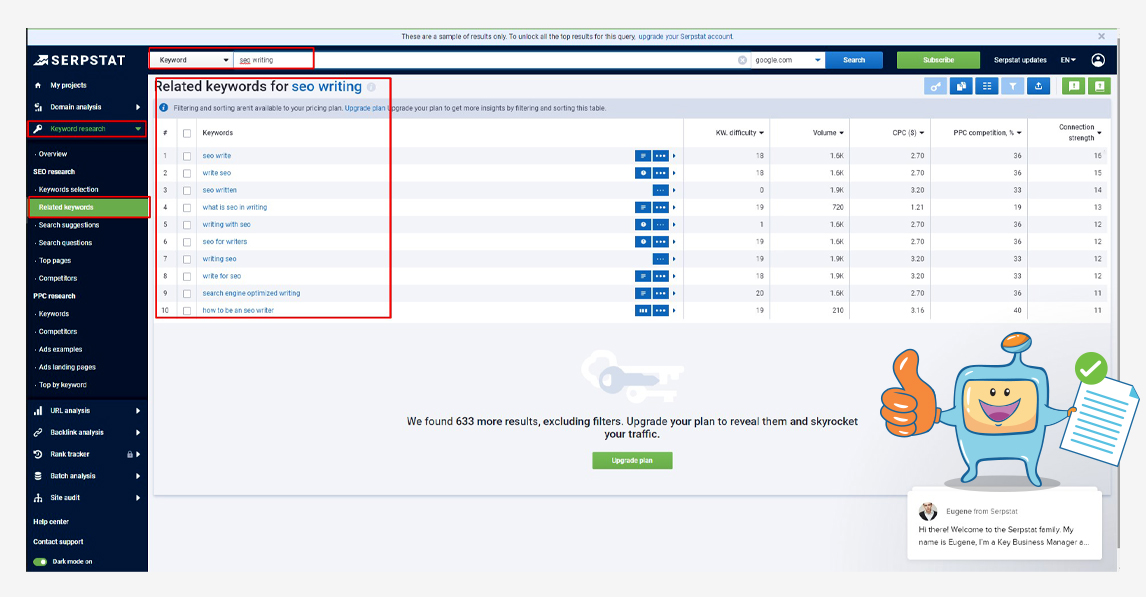
Serpstat is another valuable tool for finding semantically similar phrases for your content.
Use its keyword research feature to explore related keywords and expand your LSI keyword pool.
Navigate to the left side of the screen and locate the "Keyword Research" option in the menu. Click on the dropdown menu and select the relevant choice.
Proceed to search for related keywords by entering your primary keyword.
This action will generate a comprehensive list of words and phrases for you to select from.
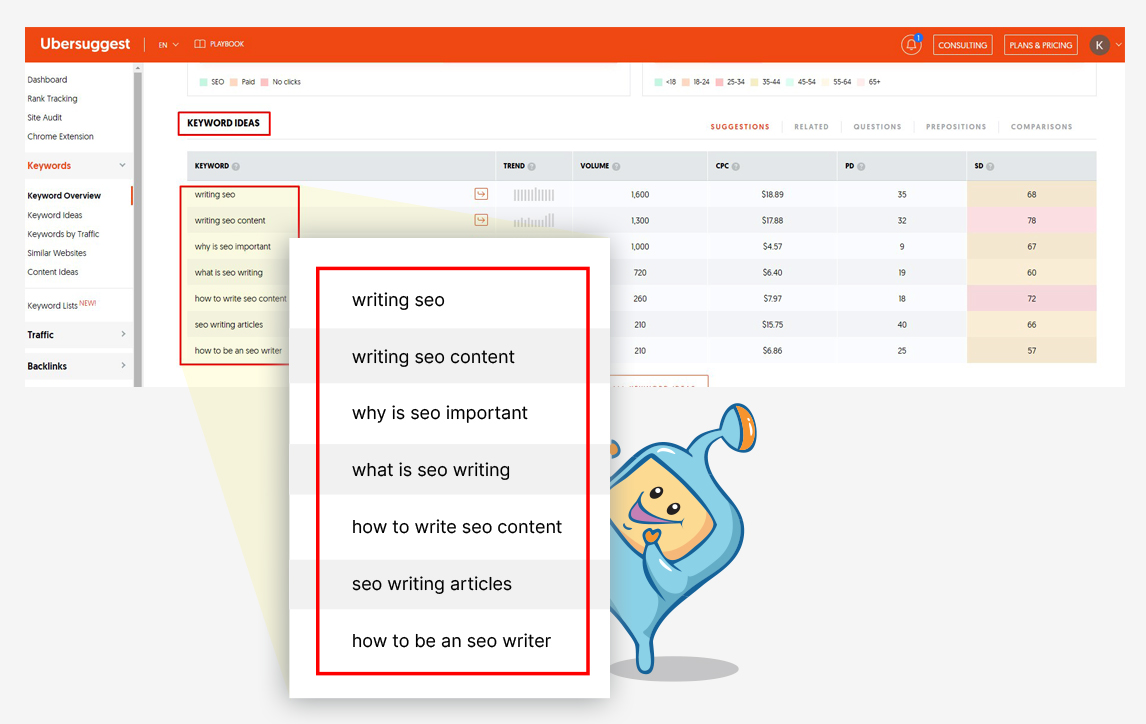
Ubersuggest is a free SEO tool that offers keyword ideas.
Use it to discover LSI keywords and expand your keyword strategy.
Initially developed as a tool that extracted Google Suggest terms, Ubersuggest has undergone notable growth and transformation since its acquisition by entrepreneur Neil Patel.
Under his guidance, the tool's features and capabilities have expanded extensively.
When using LSI keywords, keep these tips in mind:
Remember that LSI keywords are a valuable tool but should not compromise the clarity and usefulness of your content.
Providing high-quality information and addressing user needs should remain the primary objective.
LSI keywords play a vital role in today's SEO landscape, contributing to improved search engine rankings and a better understanding of content.
Understanding what LSI keywords are, how they differ from synonyms, and their impact on Google's algorithm is essential for effective keyword optimization.
By following best practices and focusing on user experience, you can harness the power of LSI keywords to enhance your SEO efforts and provide valuable content to your audience.